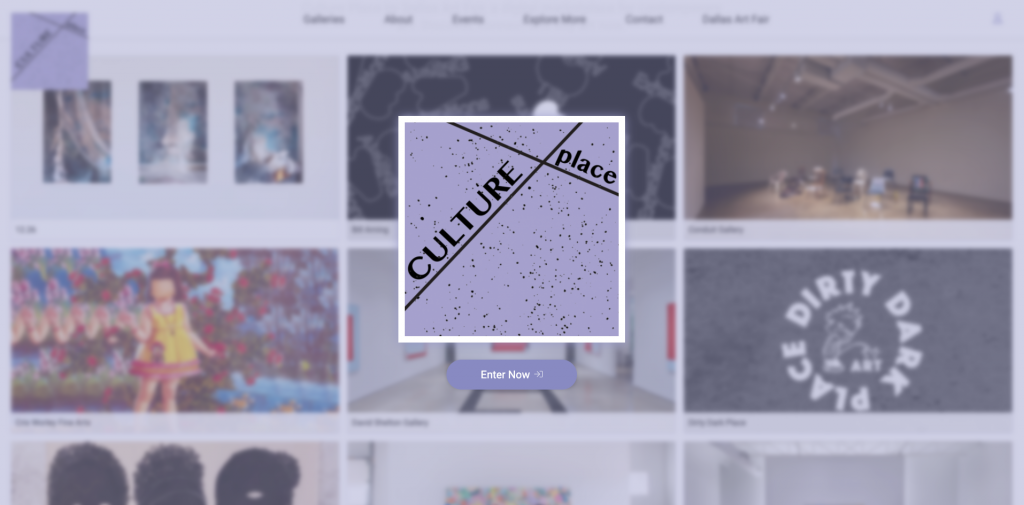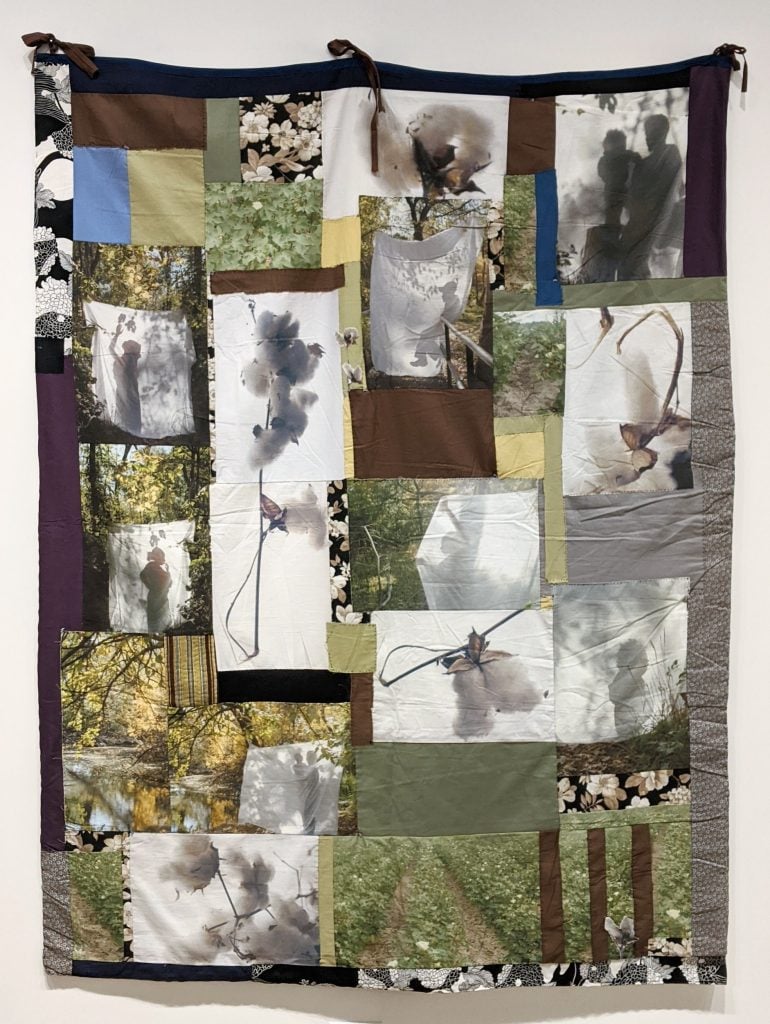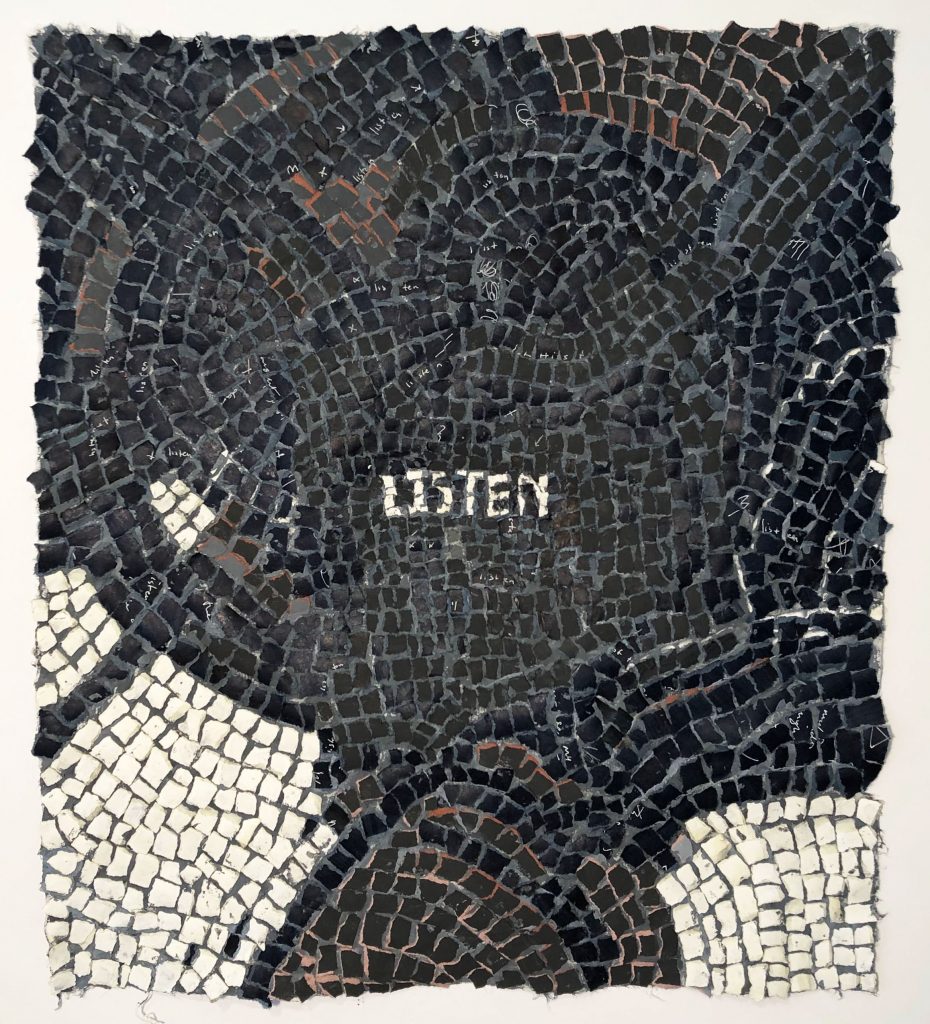Market
After a Promising $3 Million Virtual Event This Spring, the Dallas Art Fair Is Launching a Year-Round Digital Marketplace
An extension of the in-person fair, the new platform Culture Place will connect Texas-based galleries with collectors.

An extension of the in-person fair, the new platform Culture Place will connect Texas-based galleries with collectors.

Artnet News

The Dallas Art Fair scored such a surprising amount of success with its virtual edition this past spring that event organizers are now launching a permanent digital platform.
Today, the company behind the Dallas Art Fair launched Culture Place, a year-round online marketplace with an emphasis on regional dealers.
A curated group of 19 galleries across the state of Texas—many of which have previously participated in the fair—are invited to share their wares on the platform. Offerings will be updated every 60 days, and the site will host an ongoing slate of public programs, such as talks and studio visits.

Letitia Huckaby, Quilt #2 (2007). Courtesy of the artist and Liliana Bloch Gallery.
As the world went into lockdown in March, the Dallas fair organizers were left with few choices. They couldn’t cancel their 2020 event, originally set for the weekend of April 16; galleries had already paid for booths and artworks had already been made. So, they made the choice to host a truncated, digital version of the fair over 10 days in the spring, and push the in-person expo to October.
The online fair generated $3 million in sales—less than what previous versions of the in-person fair generated, but, considering the circumstances, a number that still felt like a success to organizers.
“Going into it, everything felt so up in the air; the market felt questionable and we didn’t know what was going to happen,” says Kelly Cornell, the director of both the Dallas Art Fair and Culture Place.
“That pivot opened our eyes to a whole new world,” Cornell adds. “Now we see that this is a whole new dimension for us to operate in.”

Annabel Daou, listen (2019). Courtesy of the artist and Conduit Gallery.
Soon after the fair, Cornell and her colleagues conceived the idea for Culture Place, which will offer a more accessible point of entry for many galleries. There is no participation fee, as there would be with a fair booth. Instead, Culture Place takes a commission fee from sales. “It’s great for the galleries because we’re working just as hard for that commission as they are,” says Cornell.
In the future, galleries from outside of Texas will likely be invited as well. But for now they are taking it slow, having learned the merits of adapting to the present rather than trying to force the future.
“[Culture Place] was born out of fluidity and I think it will remain somewhat fluid,” says Cornell. “And we have ideas for where we want to see it grow, but we will definitely be listening to the market and the audience as we see it.”